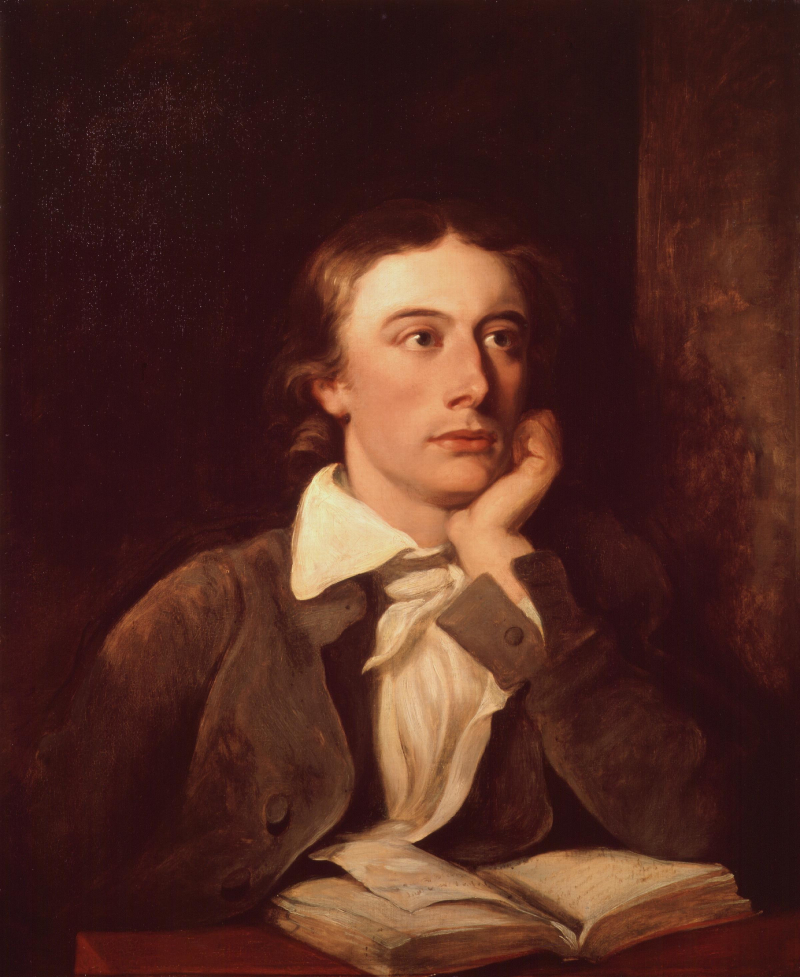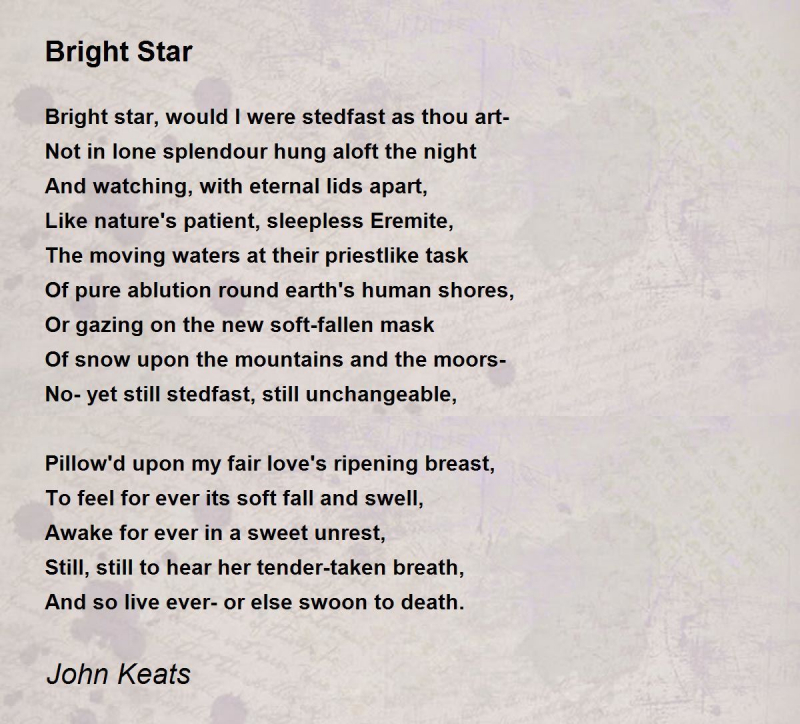Keats never forgave wordworth for his insult
When Keats was writing on his iconic poem "Endymion," William Wordsworth was a middle-aged man and a well-known poet. When the senior poet and Keats met, he always acted graciously and kindly. However, Wordsworth was unable to appreciate or care about any other contemporary poetry than his own, and he was unable to provide Keats the kind of constructive critique that would have meant the world to the latter. Keats and Wordsworth attended a meeting at Haydon's (an artist and Keats acquaintance) workshop sometime in late 1817 or early 1818. Here, Keats' friends persuaded him to deliver the "Hymn to Pan" from Endymion to Wordsworth in exchange for the senior poet's wisdom. According to Haydon the recitation met with a cold response from Wordsworth, who dryly called it “a very pretty piece of Paganism” and said nothing more. In Haydon’s account, Keats never forgave Wordsworth for this sly comment.
The fervor with which Wordsworth perceived nature is what gives his poetry its power. Wordsworth seeks solace in nature because he is weary of the world that humans have made. Wordsworth connects natural things and emotional freedom in his poetry. For Wordsworth, each feature of nature has a unique significance. Keats, like Wordsworth, harnesses the power of his imagination and uses it to break free from the confines of his prison-like reality. However, unlike Wordsworth, who emerges from his journey with a fresh perspective and a hopeful outlook on his current circumstances, Keats is brought back to his original state, confused and unsure of whether he is awake or asleep.












